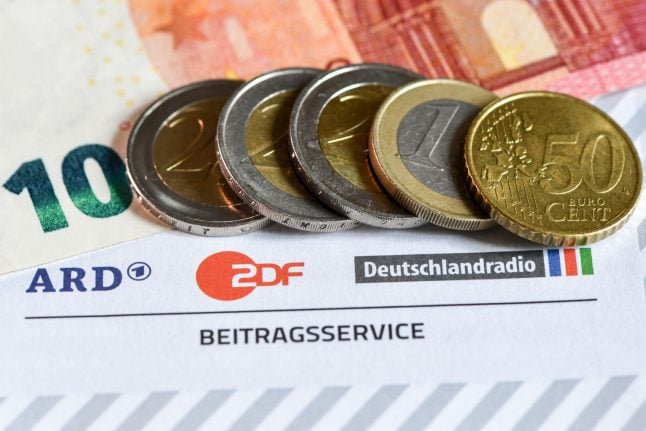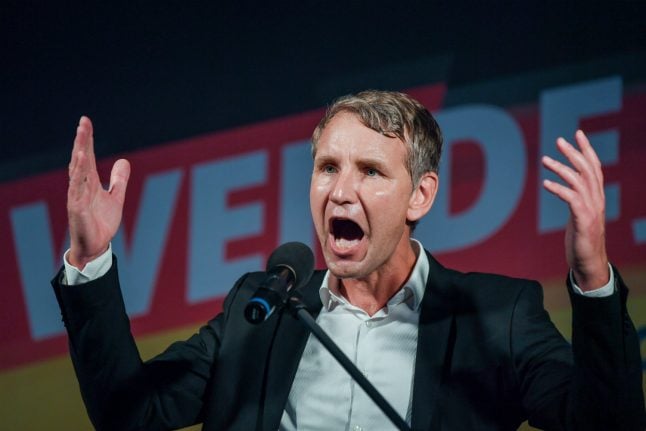The contribution – or €17.50 per household per month – is the main source of revenue for the TV and radio stations ARD, ZDF and Deutschlandradio.
For years there has been fierce opposition in Germany to the payment of the radio contribution, which is intended to ensure that public service broadcasters are not dependent on political or economic interests.
In 2017, almost €8 billion was collected. In the past the fee was dependent on what viewing or listening equipment a person had in their home.
Yet since 2013, the radio contribution has been levied flat-rate for each apartment – regardless of how many people live there and whether they have a television or a radio at all. Several people filed suits in German courts against the changed rules.
The Luxembourg judges have now ruled that the contribution is in line with EU law, and that the flat-rate contribution model doesn’t change this. When the licence fee depended on the equipment that each household used, such as TVs, inspectors went from house to house to track down non-payers.
The Tübingen Regional Court therefore asked the European Court of Justice, among others, whether the radio contribution for Südwestrundfunk (SWR) and ZDF was a prohibited state subsidy and if it violated EU law.
Opponents reject the contribution for various reasons. Some on principle, while others think they are being asked to pay too much. Those who live alone, for example, pay more than someone in a shared flat, who can simply divide the fee among those living in the household.
Even the Federal Constitutional Court had not objected in principle to the radio contribution in July and declared the contribution model constitutional. According to this ruling, people with two or more flats may only be asked to pay once in the future.
SEE ALSO: Compulsory broadcast fee is legal, Germany's highest court rules
It gave the government until mid-2020 to change the law so that second home owners are no longer at a disadvantage.
The public broadcasters have refuted that the fee is unconstitutional or too high. ZDF boss Peter Frey said in January that his organization is legally obliged to report on the positives and negatives in any news item.
They also point to studies which have found that 99 percent of people over the age of 14 live in a household that contains at least on device capable or receiving public television or radio.



 Please whitelist us to continue reading.
Please whitelist us to continue reading.
I think a broadcasting fee should be paid. €17.50 is almost nothing compared to the UK our broadcasting fee is over £150.50 per year and increases yearly. It is far too high of course and most of this tax goes to pay BBC staff some people earning over 1 Million £s a year for very little work.
The article does say €17.50 per month, which comes to €210 per year; around £190. But I guess facts are too complicated for you. And if you were to do some simple maths, you would realise that “most of this tax”, which totals billions, does not go to the few high earners in the beeb.